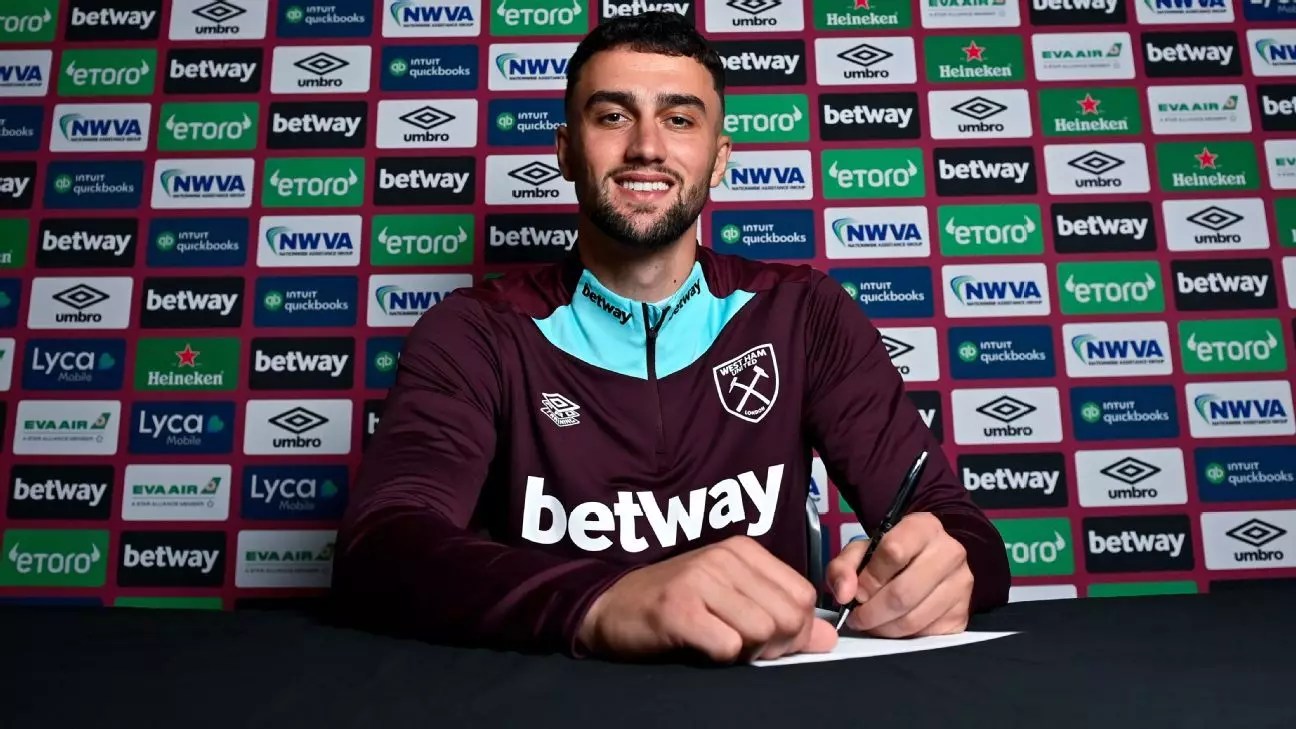Max Kilman’s £40 million transfer from Wolverhampton Wanderers to West Ham United was a major event in the summer transfer window. The ripple effect of this move was felt not only by the fans of the two clubs involved but also by non-league side Maidenhead United. This transfer shed light on the potential for smaller clubs to benefit from transfer clauses and participate in major deals which can lead to life-changing outcomes.
The case of Max Kilman highlights how strategic planning by clubs further down the football pyramid can result in significant gains from player transfers. Maidenhead United’s foresight in inserting a clause in Kilman’s contract paid off handsomely when he made the move to West Ham. This success story serves as a beacon of hope for young footballers in non-league football, demonstrating that patient progression through the football hierarchy can yield substantial rewards.
Financial Transformation for Maidenhead United
Maidenhead’s share from Kilman’s transfer fee, reportedly around 10%, amounted to a significant sum that is poised to transform the club’s operations. The infusion of funds from this deal opens up new possibilities for Maidenhead United, including the potential for the club to transition to a fully professional status for the first time. This windfall underscores the profound impact that a well-negotiated transfer clause can have on the financial stability and growth of smaller clubs.
Empowering Youth Development
The success stories of players like Kilman and Ollie Watkins underscore the importance of youth development in shaping the future of football. By showcasing a pathway from non-league football to top-tier leagues, these players inspire young talents to persevere and progress through the ranks. The presence of future transfer clauses further incentivizes clubs, regardless of their size, to invest in nurturing young players and enhancing their development programs.
The Strategic Value of Transfer Clauses
Transfer clauses have become a strategic tool in modern football negotiations, influencing the dynamics of player movements and financial transactions. Small clubs, such as Maidenhead United, can leverage these clauses to secure a share of future transfer fees, thereby creating a sustainable source of revenue that can bolster their long-term prospects. The flexibility in structuring these clauses allows for tailored agreements that cater to the unique needs and circumstances of each club.
While future transfer clauses offer a promising avenue for generating income, they also entail risks and complexities that clubs must navigate. Negotiating these clauses demands foresight, patience, and strategic acumen to strike a balance between immediate financial gains and long-term benefits. The stories of clubs like Maidenhead United serve as a testament to the transformative potential of well-executed transfer clauses in reshaping the financial landscape of football at all levels.
The saga of Max Kilman’s transfer underscores the transformative power of strategic planning and foresight for smaller clubs in the football ecosystem. By capitalizing on transfer clauses and youth development initiatives, clubs can position themselves for financial stability and growth, paving the way for a more equitable and sustainable football landscape. The success of Maidenhead United and similar clubs highlights the untapped potential within the football pyramid, offering a compelling narrative of hope and opportunity for players, clubs, and communities alike.


Leave a Reply